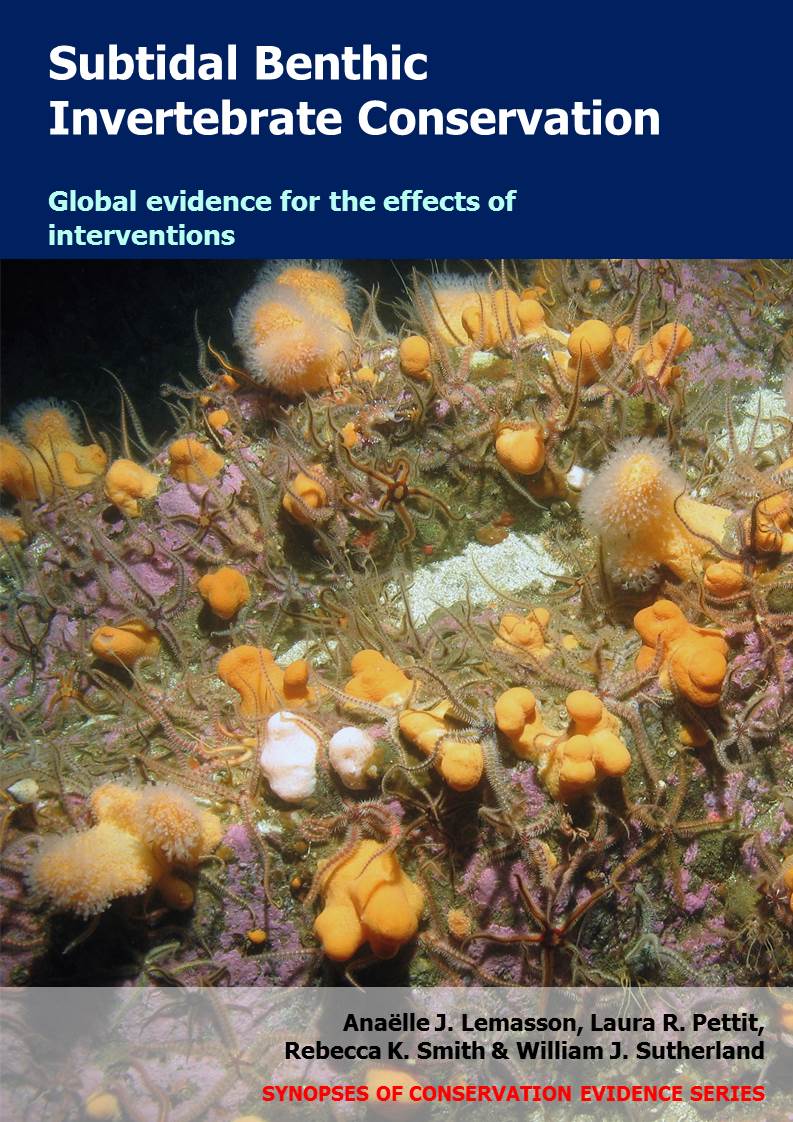Provide educational or other training programmes about the marine environment to improve behaviours towards marine invertebrates
-
Overall effectiveness category Unknown effectiveness (limited evidence)
-
Number of studies: 1
View assessment score
Hide assessment score
How is the evidence assessed?
-
Effectiveness
65% -
Certainty
21% -
Harms
0%
Supporting evidence from individual studies
A replicated, before-and-after study in 2009–2016 of 96 secondary schools in Hong Kong (Kwan et al. 2017) found that a 14-month-long conservation education programme improved students’ behaviour towards Asian horseshoe crab Tachypleus tridentatus conservation. The programme increased students’ behaviour towards horseshoe crab conservation by 21%. This included a 43% increase in students promoting horseshoe crab conservation to relatives and friends, a 5% increase in students themselves promoting horseshoe crab conservation, and a 15% increase in their willingness-to-pay for conserving Asian horseshoe crabs. The programme also improved their general biology and ecology knowledge of Asian horseshoe crabs by 26% and their perception and awareness towards horseshoe crab conservation by 17%. Between 2009 and 2016, the “Juvenile Horseshoe Crab Rearing Program” took place in 96 schools. Teams of students reared juvenile crabs for 14 months before releasing them into nursery grounds. Before the start and after the end of each programme, students were asked to respond to a set questionnaire regarding their behaviour towards horseshoe crab conservation, knowledge of horseshoe crab biology/ecology and their perception and awareness of horseshoe crab conservation. A total of 1,391 students responded.
Study and other actions tested
Where has this evidence come from?
List of journals searched by synopsis
All the journals searched for all synopses
This Action forms part of the Action Synopsis:
Subtidal Benthic Invertebrate Conservation





)_2023.JPG)














